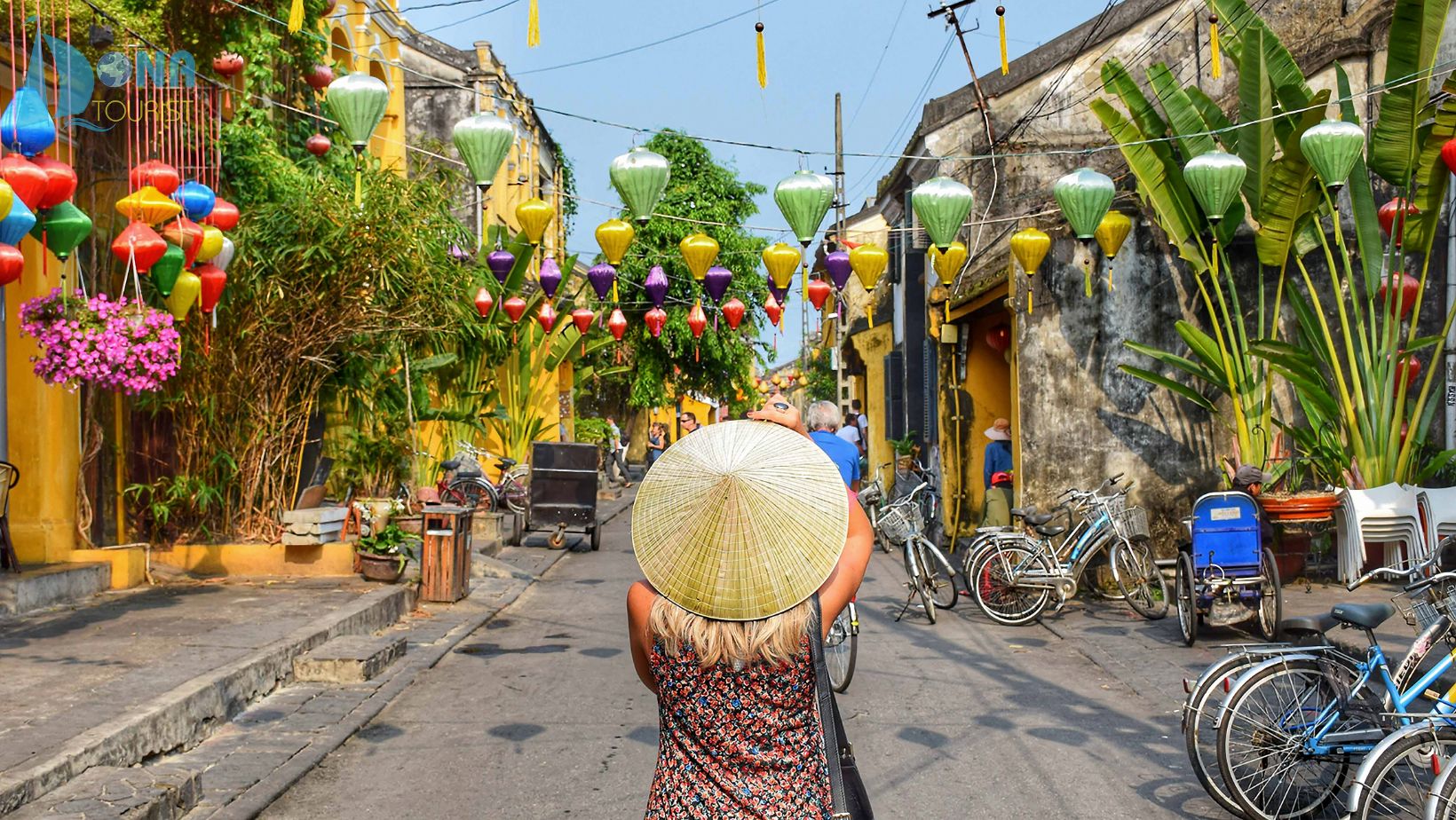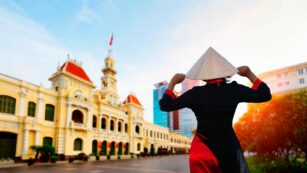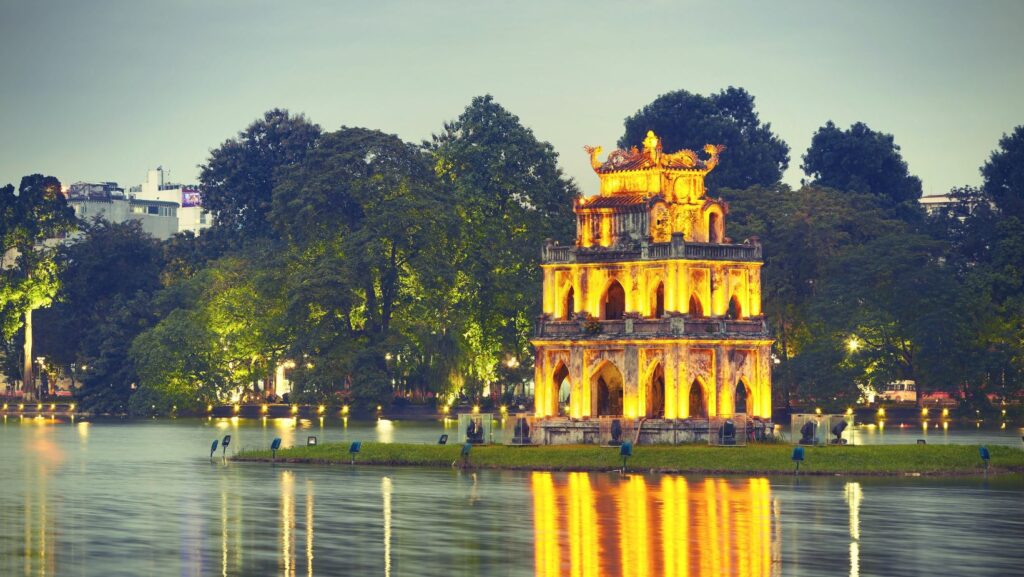
Nestled in the heart of Southeast Asia, Vietnam is a country that captivates with its breathtaking landscapes, vibrant culture, and bustling cities. From the lush rice terraces of Sapa to the bustling streets of Ho Chi Minh City, living in Vietnam offers a unique blend of tranquility and excitement. This nation not only boasts stunning natural beauty but also a rich history that’s palpable in its monuments and museums.
Living in Vietnam
Living in Vietnam combines affordability with a rich cultural tapestry. Expatriates and locals alike find the cost-effective lifestyle particularly appealing.
Accommodation Costs
 Accommodation costs in Vietnam vary significantly depending on the location and type of housing. In major cities like Hanoi and Ho Chi Minh City, a modern one-bedroom apartment in the city center typically costs between $500 and $700 per month. Conversely, similar accommodations in less central areas or smaller cities like Da Nang or Hoi An might range from $300 to $500. Houses and larger apartments naturally attract higher prices, though remain lower than many Western countries.
Accommodation costs in Vietnam vary significantly depending on the location and type of housing. In major cities like Hanoi and Ho Chi Minh City, a modern one-bedroom apartment in the city center typically costs between $500 and $700 per month. Conversely, similar accommodations in less central areas or smaller cities like Da Nang or Hoi An might range from $300 to $500. Houses and larger apartments naturally attract higher prices, though remain lower than many Western countries.
Transportation Expenses
Transportation in Vietnam offers multiple economical options. Motorbikes, the most common mode of transport, can be bought for around $200 to $1,000, while renting one may cost between $50 to $100 per month. Public transportation is even more affordable, with single bus tickets in urban areas costing less than one dollar. For longer distances, train travel presents a viable option, with tickets from Hanoi to Ho Chi Minh City starting at approximately $55 for standard class.
Lifestyle and Culture
Daily Practices and Social Norms
Embracing the lifestyle in Vietnam means engaging deeply with both traditional and modern elements shaping its culture. The Vietnamese place a strong emphasis on community and family, valuing respect for elders and societal harmony. Festivals like Tet (Vietnamese New Year) and the Mid-Autumn Festival demonstrate these values, featuring large family gatherings and community celebrations.
Influence of Traditional Art and Music
 Vietnam’s rich history is highly evident in its traditional arts, including water puppetry, a unique art form originating in the north. Music also plays a crucial role, with genres ranging from classical music like Ca Tru to popular modern music influenced by Western styles. Public performances in parks and cultural venues are common, offering expats and locals alike a taste of Vietnam’s artistic heritage.
Vietnam’s rich history is highly evident in its traditional arts, including water puppetry, a unique art form originating in the north. Music also plays a crucial role, with genres ranging from classical music like Ca Tru to popular modern music influenced by Western styles. Public performances in parks and cultural venues are common, offering expats and locals alike a taste of Vietnam’s artistic heritage.
Culinary Diversity
Vietnamese cuisine is renowned for its flavor balance and nutritional value, dominated by rice, fresh herbs, and seafood. Each region offers a distinct culinary experience, from the robust, meaty flavors of Northern dishes like Pho to the sweet and spicy tastes of Southern cuisine such as Bun Bo Hue. Street food markets in cities like Hanoi and Ho Chi Minh City provide easy access to these diverse flavors, showcasing Vietnam’s culinary prowess.
Job Market and Employment Opportunities
Emerging Industries
 Technology and IT services stand out as booming sectors in Vietnam, with Ho Chi Minh City and Hanoi leading as tech hubs. Many international tech companies have established their operations here, driven by the availability of skilled labor and lower operational costs. Renewable energy and e-commerce also exhibit significant growth, offering numerous positions ranging from engineering to digital marketing.
Technology and IT services stand out as booming sectors in Vietnam, with Ho Chi Minh City and Hanoi leading as tech hubs. Many international tech companies have established their operations here, driven by the availability of skilled labor and lower operational costs. Renewable energy and e-commerce also exhibit significant growth, offering numerous positions ranging from engineering to digital marketing.
Opportunities for Expatriates
Foreigners often find employment in Vietnam within fields such as education, where the demand for English language instruction remains high. International schools and language centers frequently seek native English speakers. Additionally, the hospitality and tourism sectors offer roles in hotel management, tour operations, and customer service, capitalizing on the thriving tourist industry.
Local Employment Landscape
For Vietnamese citizens, the expanding manufacturing sector, including textiles and electronics, creates substantial job openings. Urban development projects further spur demand for construction workers, architects, and urban planners. The agricultural sector, vital to Vietnam’s economy, continues to employ a large portion of the population, particularly in rural areas where traditional farming techniques prevail.
Exploring employment in Vietnam allows one to engage not only with the country’s dynamic job market but also its cultural richness and technological innovations, seamlessly bridging tradition with modernity.


